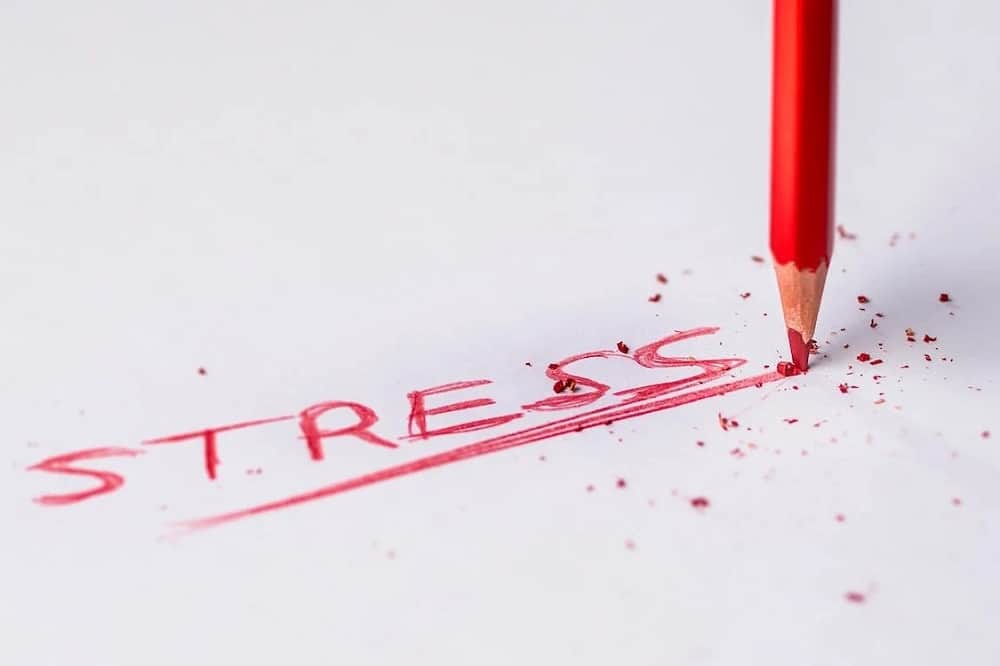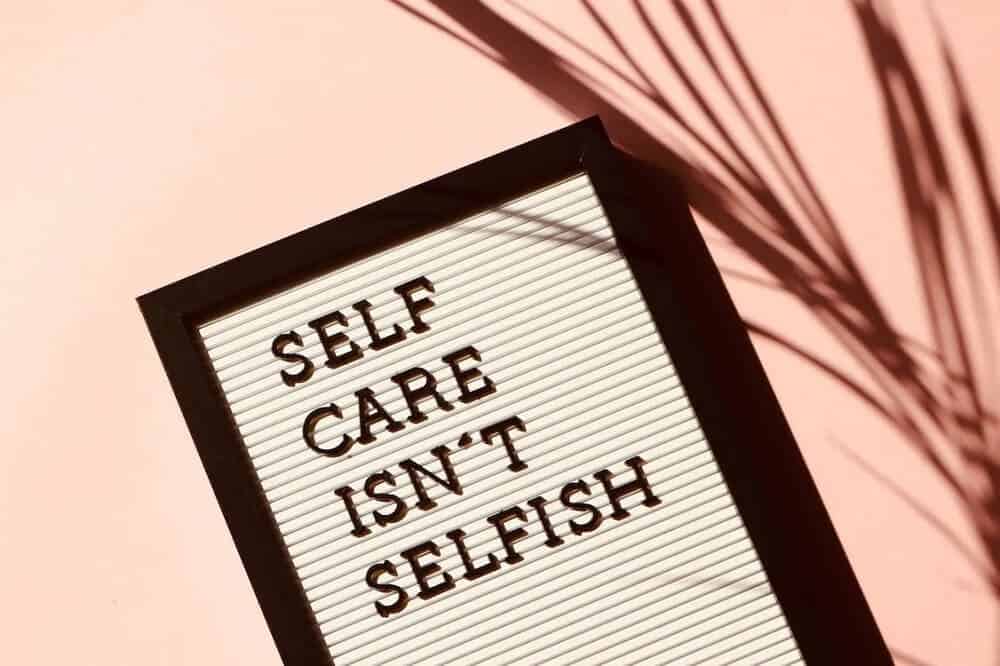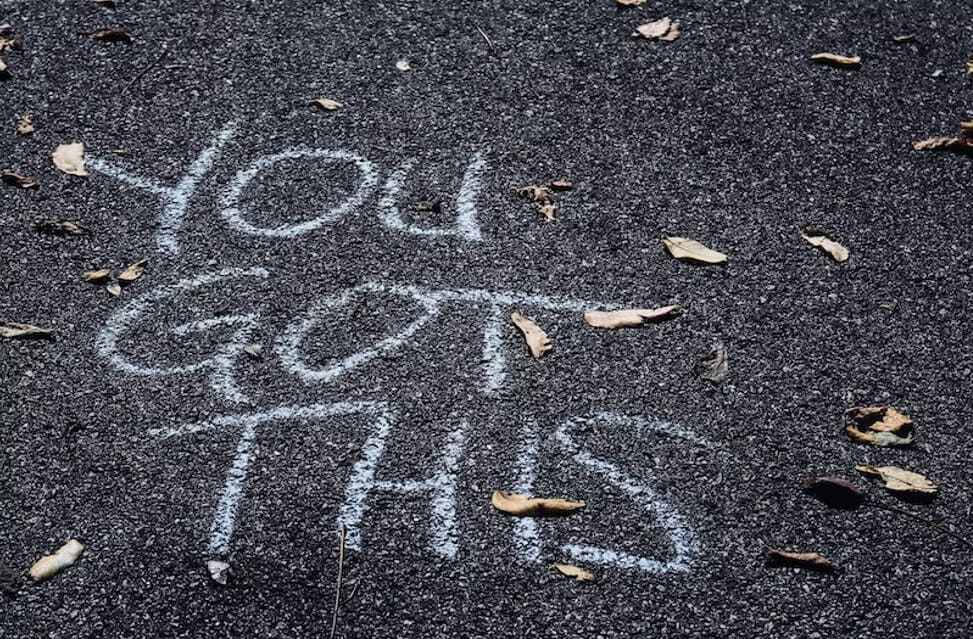Have you ever found yourself growing increasingly emotionally exhausted or burnt out? Feeling like everyday anxiety is building into something closer to exhaustion or chronic stress?
If you relate to the above, you’re not alone. In the same way our muscles can grow fatigued after strenuous overuse, our minds too can also reach a point of mental fatigue after prolonged periods of anxiety and stress.
Mental exhaustion, sometimes also referred to as mental fatigue, is a state where a person experiences prolonged periods of mental tiredness, stress, and even cognitive overload.
This is something that impacts a person’s emotional, physical, and mental health. With the brain and body being exposed to such a prolonged period of anxiety and stress, you’ll begin to feel physically and mentally tired, unproductive, lethargic, or even experience worsening mental health.
It’s extremely important to learn the signs that you may be experiencing mental exhaustion, to take care of your mental wellbeing. There will be many times in life when we deal with stress and exhaustion, but by learning how to manage stress levels and prioritize self care, you can prevent difficult periods of mental exhaustion from setting in.
Signs of Mental Exhaustion
How can you determine if you are experiencing symptoms of mental exhaustion? For most cases, mental exhaustion will present itself through the following physical, emotional, and cognitive symptoms.
Physical Symptoms
As accumulated stress builds in the body, mental exhaustion can begin to impact a person’s physical health. Common physical symptoms include:
- Feeling chronic fatigue
- Headaches
- Increased muscle tension
- Difficulty sleeping
Emotional Symptoms
The emotional symptoms are behavioral signs that can also have a large impact on those experiencing mental exhaustion. Symptoms include:
- Increased feeling of irritability
- Building feelings of anxiety, and/or anxiety attacks
- Constantly feeling overwhelmed
- Increasing negative feelings and negative thoughts
- Increased mood swings
Cognitive Symptoms
The cognitive symptoms of mental exhaustion refer to symptoms that impair a person’s ability to think clearly, impacting everyday tasks. Symptoms include:
- Increased brain fog
- Difficulty with concentration
- Increasing forgetfulness
- Indecisiveness during decision making
Causes of Mental Exhaustion
There are many different reasons why a person may grow to develop mental exhaustion. Issues like workplace stress, personal relationships, and even the way you live your life can all have an impact.
When trying to find the root stressor behind your own mental exhaustion, we recommend reviewing your life in these three areas.
Work-Related Causes
When it comes to sources of stress in life, one of the most common areas people encounter it will be the workplace.
Issues like having a high workload, long working hours, and poor work life balance can all lead to accumulated stress. Now more than ever, people are working in increasingly high-stress, high-speed environments. The American Psychological Association even notes that in 2020, there were marked increases in employees reporting work related stress that impacted things like motivation, emotional exhaustion, and physical fatigue.
With so much information for the brain to handle, it’s only a matter of time before stress from work begins to accumulate and make its impact known.
Personal Life Causes
Nobody’s perfect! We all have lives, filled with personal issues and conflicts that can cause stress to turn into mental exhaustion.
Perhaps you are a person dealing with the daily stress of relationship issues. Or maybe you are going through financial hardship, causing anxiety that is affecting the way you treat yourself and others.
No matter the circumstance, life stress can be just as difficult to manage as any other kind of stress. Different scenarios can lead to feeling overwhelmed, anxious and distracted, and contributing to mental exhaustion.
Lifestyle Causes
When it comes to issues that affect our mental health, many of us often don’t pay enough attention to the connection between the mind and the body.
Taking care of your physical health has a direct impact on your mental health. Meaning, in some cases, poor lifestyle choices may be making issues like mental exhaustion worse.
Things like not eating a healthy balanced diet and a lack of exercise can have a big impact on mental health, making common symptoms like fatigue and poor moods worse. People should also look out for things like substance use, as this can also contribute to poor health, negative thoughts, and mental exhaustion.
How to Take Care of Yourself When Experiencing Mental Exhaustion
If you believe you might be experiencing mental exhaustion, there are things you can do to begin to combat it. By learning how to prevent exhaustion before it sets in, prioritize self-care, and find help when you need it, it’s possible to heal and leave negative feelings behind!
Taking Preventative Measures
Doing the work to actively take care of your mental health can do wonders to prevent feelings of mental and emotional exhaustion before they happen.
One of my top recommendations is to set realistic goals for yourself when trying to prevent mental exhaustion. This can be as small as the goal to go for a walk every day, or even a large goal like a total lifestyle change. No matter what your goal is, the main driver of it should be a focus on healing, employing stress management techniques to prevent anxiety buildup before it can start.
Preventing stress means prioritizing yourself, setting boundaries, and practicing relaxation. This can do wonders to lower anxiety and prevent mental exhaustion and stress from building.
Employing Self-Care Practices
Another important part of preventing mental exhaustion is employing self-care practices in your life. In most cases, mental exhaustion happens when we forget to pay attention to ourselves, our stress levels, and our needs.
Taking care of yourself will be key in lowering stress and healing from cases of mental exhaustion. And luckily, there are all kinds of self care practices out there that you can try that can help with this!
I recommend practices like exercise to help here, even a daily walk can do wonders. Mindfulness practices such as self-reflection, journalling, and even deep breathing exercises can also help you take care of yourself and lower stress. If you’re interested in more ideas, here’s a book I’ve written about self-care.
Reaching Out For Help
In some cases seeking out the support of loved ones, family, friends, or even professionals can be what you need to help with mental exhaustion. This is especially important when mental exhaustion is negatively impacting your mental health, or worsening existing mental illness.
Utilizing resources like a therapist or life coach can provide the more professional support you need. Or, in some cases, sharing thoughts and feelings with a trusted family member or friend can help to relieve stress and help you feel better.
It’s important to know, no matter the case, there is no shame in seeking support and help with mental exhaustion. Remember, asking for help is not a sign of weakness, but a sign of strength!
Frequently Asked Questions about Mental Exhaustion
Still have questions about mental exhaustion? Let me answer some of the more common questions people have about it!
How is mental exhaustion different from burnout?
Mental exhaustion and burnout are two words often used interchangeably as they both are very similar, but there is a difference between them.
The World Health Organization defines burnout as an “occupational phenomenon” that happens due to long periods of stress and frustration in the workplace, legitimizing it as a medical issue. Mental exhaustion on the other hand, is a kind of fatigue caused by things like work, your personal life, or even your general lifestyle.
While burnout is a term used to describe feelings of stress related to the workplace, mental exhaustion is a term used to describe the feelings and symptoms that can contribute to burnout, as well as other conditions.
Can mental exhaustion be treated?
Yes, mental exhaustion can be treated!
Taking the steps to practice self-care, work on stress management, and make lifestyle changes can all help to reduce mental exhaustion. And, in some cases, seeking support from a professional can also help.
How long does it take to recover from mental exhaustion?
The time it takes a person to recover from mental exhaustion will vary from person to person, based on their situation. Remember, we’re all on our own journeys with our own timelines! The important thing for individuals to focus on is working to recover at their own pace, working on self-care day by day.
Can mental exhaustion lead to more serious mental health conditions?
In more extreme cases, mental exhaustion left untreated can lead to worsening mental health issues and mental illness. If you believe mental exhaustion may be turning into issues like depression or anxiety, it’s important to seek mental health support.
It’s Time For Change
There’s a chance that in reading this article, you may have recognized a few signs that you are experiencing symptoms of mental exhaustion.
Going through the prolonged period of fatigue, mental tiredness and stress that define mental exhaustion can be a difficult way to live. Stress and exhaustion can build, affecting your mental, emotional, and cognitive health. Symptoms can leave you feeling tense, fatigued, overwhelmed, and riddled with brain fog as negative feelings build.
The good news is that it is entirely possible to combat mental exhaustion and turn those things around. Prioritizing healthy lifestyle changes, learning to manage stress, and seeking support are all great places to start. The main thing is to begin to prioritize yourself and your mental health and make a change for the better.
If you’re looking to make a serious lifestyle change, now is the time to start! As a life coach, it is my passion to guide individuals as they work to change their lives. No matter what goal you’re trying to accomplish, I’m ready to help take you there.
Want to learn more? Book an introductory session here.








